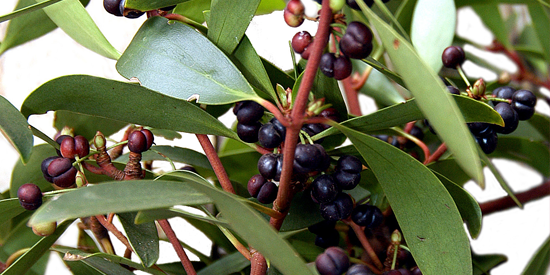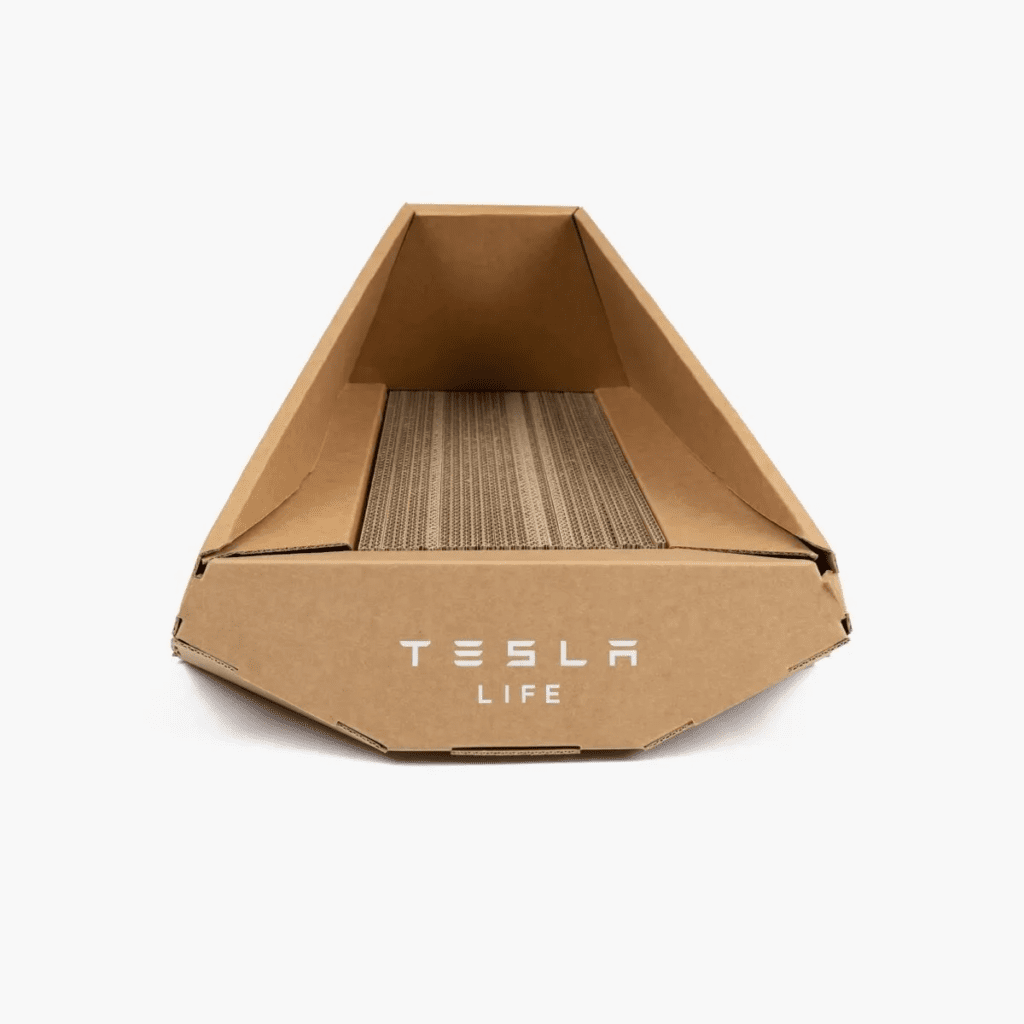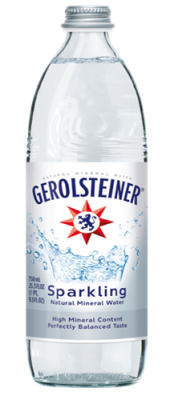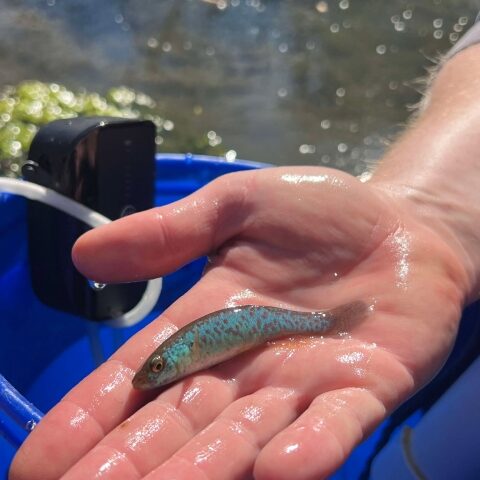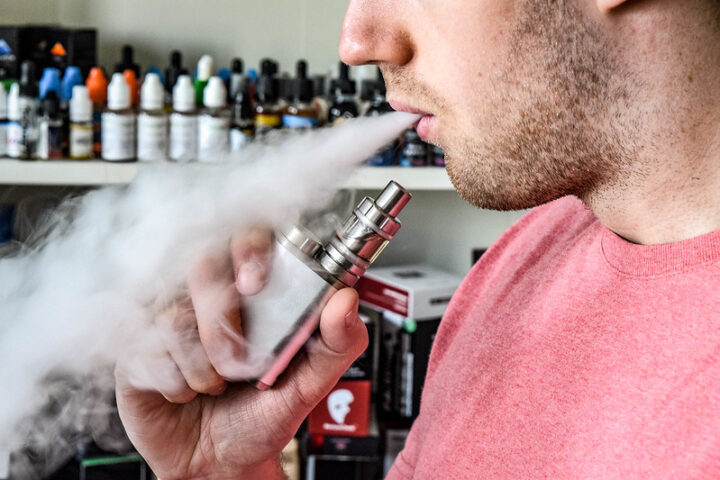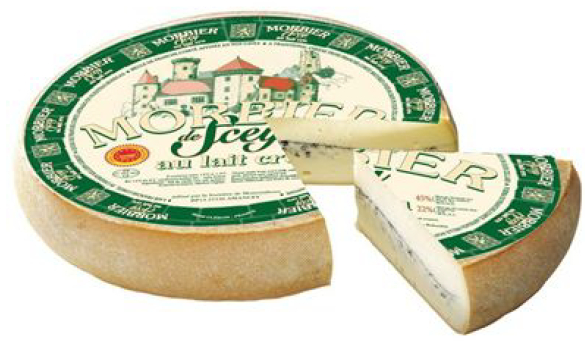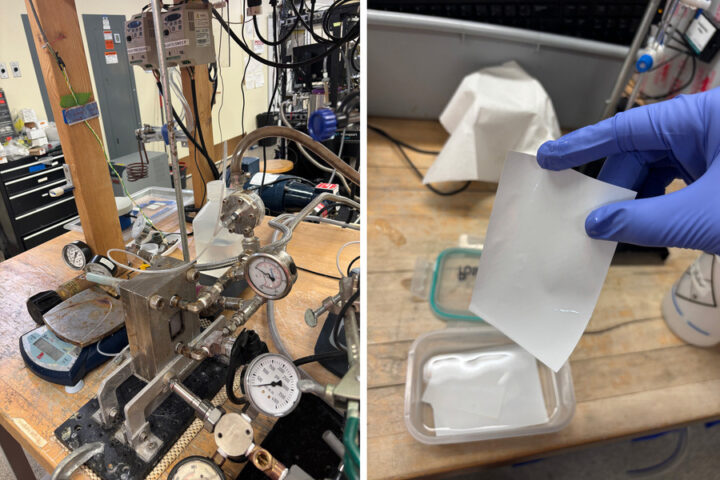Deakin Ph.D. researcher, Agnes Mukurumbira, is pioneering a transformative study that could redefine how we envision the sustainability of future food packaging. At the heart of her research is the development of a prototype that serves as more than just antimicrobial packaging. It actively combats the bacteria and fungi that compromise food quality, ensuring fresher and safer consumables for longer durations.
Ms. Mukurumbira started her academic path with a master’s in food science from Durban University in South Africa. During this time, she studied starch nanocrystals and their ability to improve the quality and features of eco-friendly food packaging This includes critical factors like durability, strength, and permeability to oxygen and water.
The implications of her current research at Deakin are profound. With fungi and microbes on food being responsible for an alarming 600 million cases of foodborne diseases and a staggering 1.3 billion tonnes of food waste annually, her work addresses a pressing global challenge. By ensuring longer shelf life and reduced spoilage, her innovations could lead to significant reductions in food waste, contributing to environmental sustainability and economic savings.

“In my study, we’re focusing on native Australian essential oils, specifically Tasmanian mountain pepper and lemon myrtle,” Ms. Mukurumbira shares. These oils have been chosen not just for their sustainability, but also in response to the rising consumer preference for natural products.
The research findings have been promising. These essential oils, whether in liquid or gas form, have shown strong abilities to fight against bacteria, fungi, and other agents that cause food to spoil. Their efficacy even surpasses that of the traditionally recognized tea tree oil.
However, innovation often comes with challenges. The essential oils, while potent, present issues like chemical instability and a pronounced odor. To address these, Agnes and her team have employed the technique of encapsulation. This method involves confining the essential oils within a protective barrier, ensuring their stability and facilitating a controlled release.
Similar Posts
When integrated with biodegradable plastic formulations, the result is a novel packaging solution. This innovative packaging releases essential oils, inhibiting bacterial and fungal growth, and thereby extending the shelf life of food products. These innovations offer dual benefits. For consumers, they ensure products remain fresh for longer durations. On a larger scale, they contribute to society by minimizing waste and championing eco-friendly practices.
The culmination of Ms. Mukurumbira’s dedication was her recent victory in Deakin’s Three Minute Thesis (3MT®) competition. This platform allowed her to showcase her research, and she now looks forward to participating in the next phase of the international 3MT® competition – the 2023 Asia-Pacific 3MT Semi-Final Showcase on 25th September.
